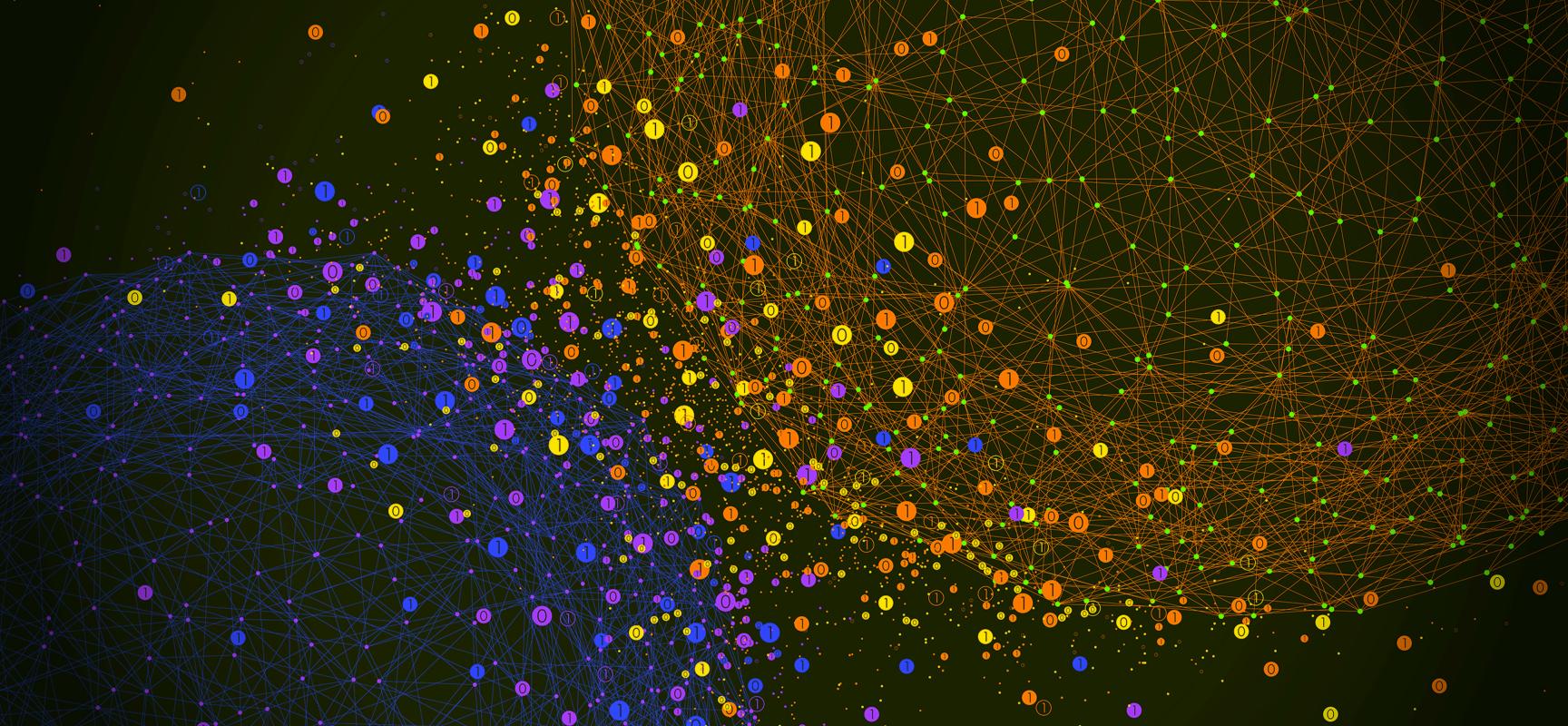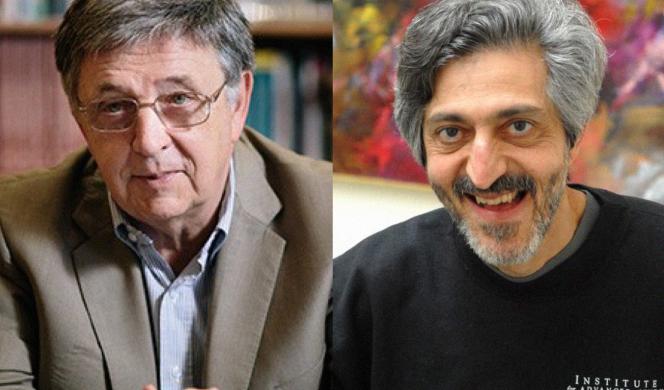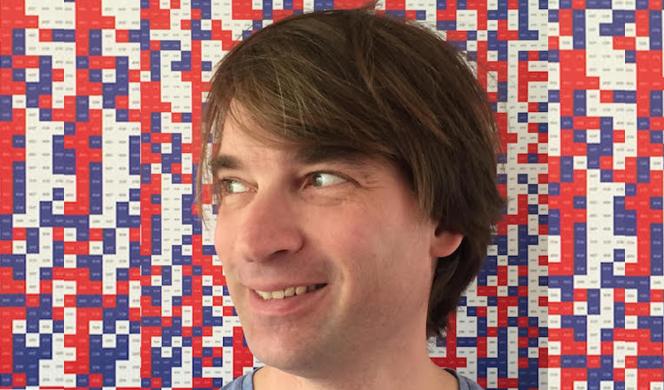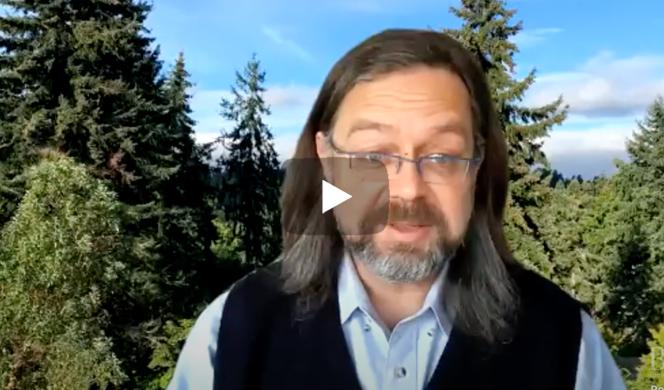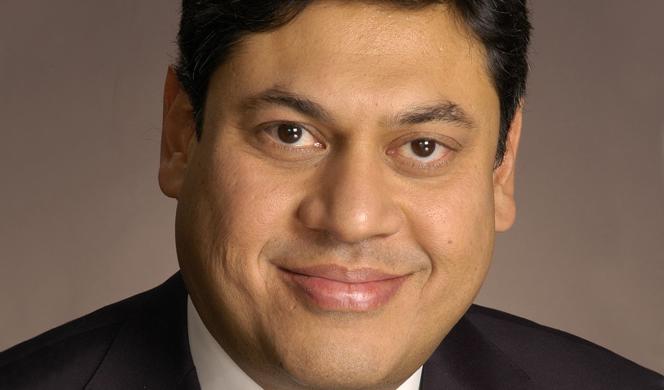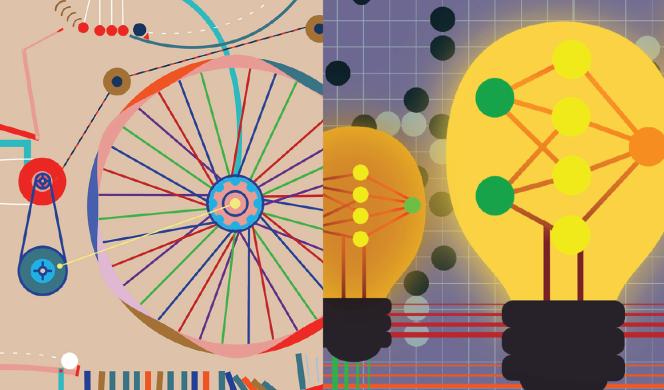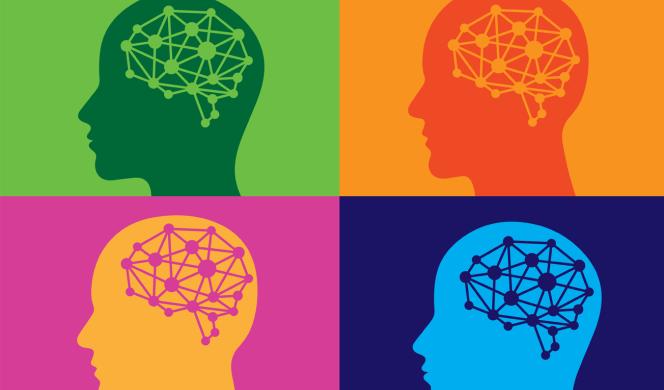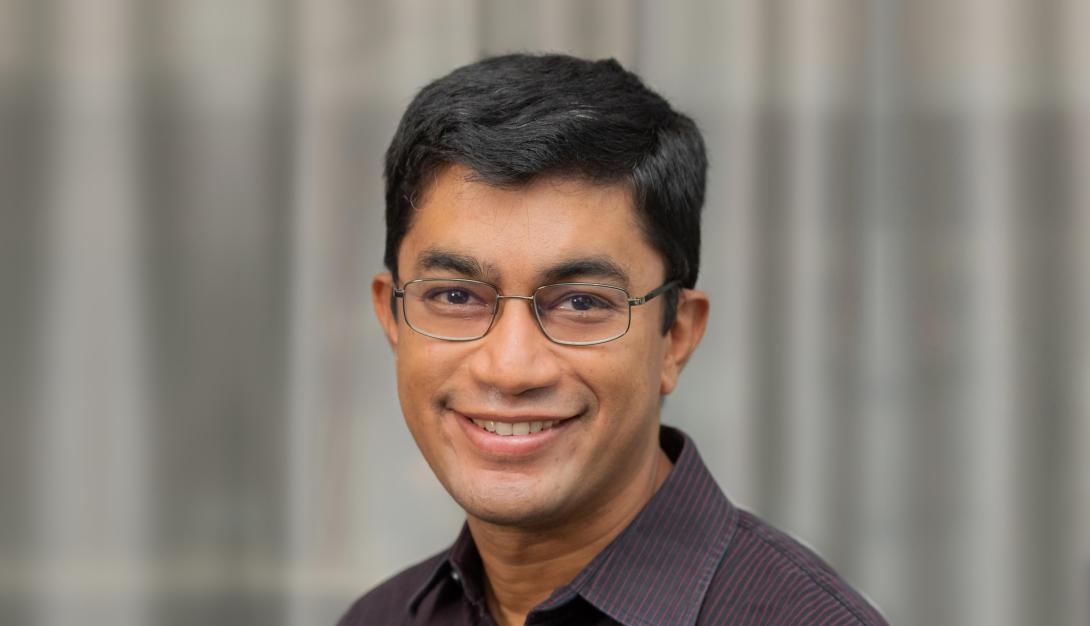
Greetings from Berkeley, where we’ve recently welcomed a merry band of cryptographers for what promises to be an outstanding summer program on...
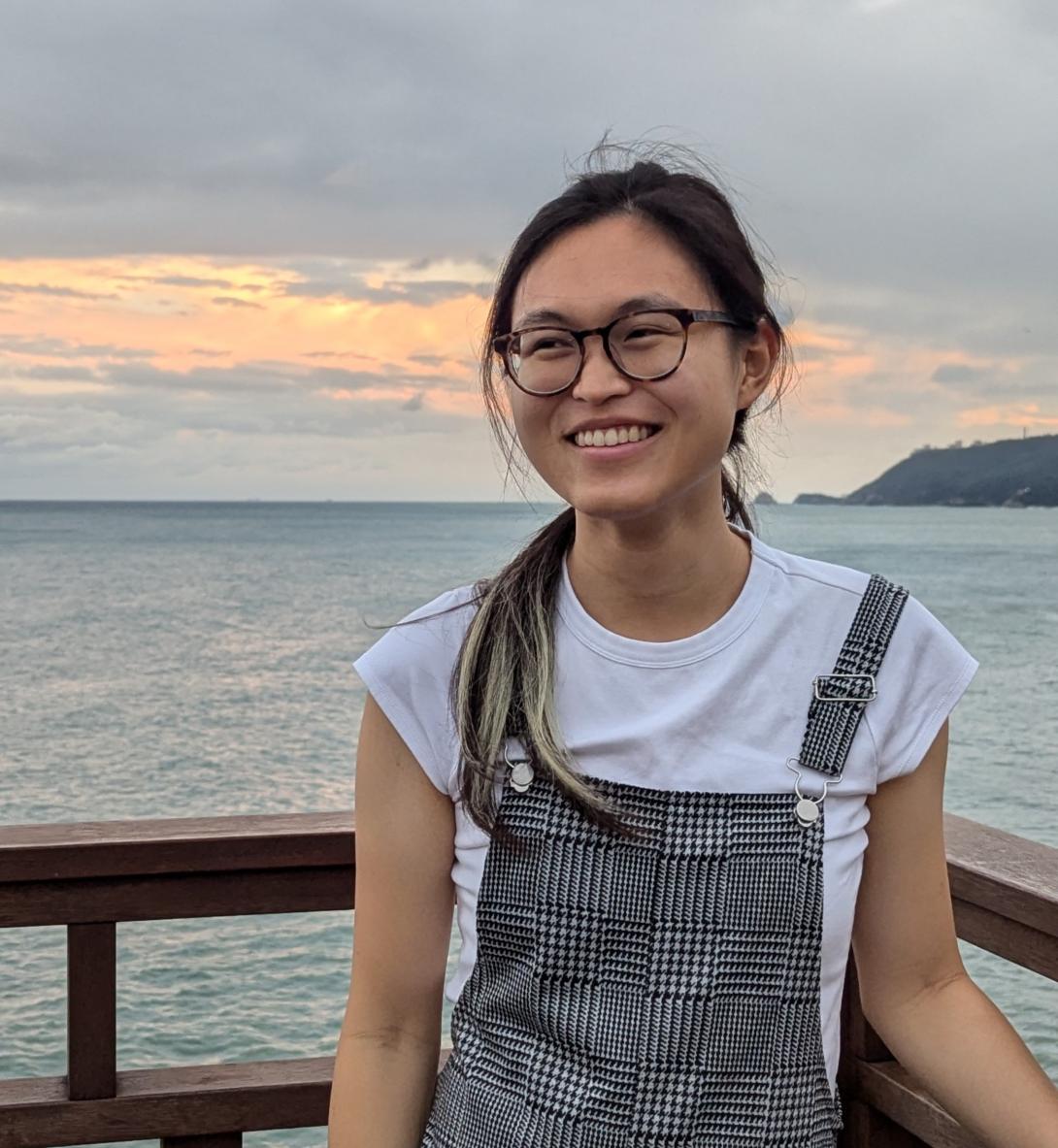
We’re delighted to share that Miller fellow and Simons Institute Quantum Pod postdoc Ewin Tang has been awarded the 2025 Maryam Mirzakhani New...
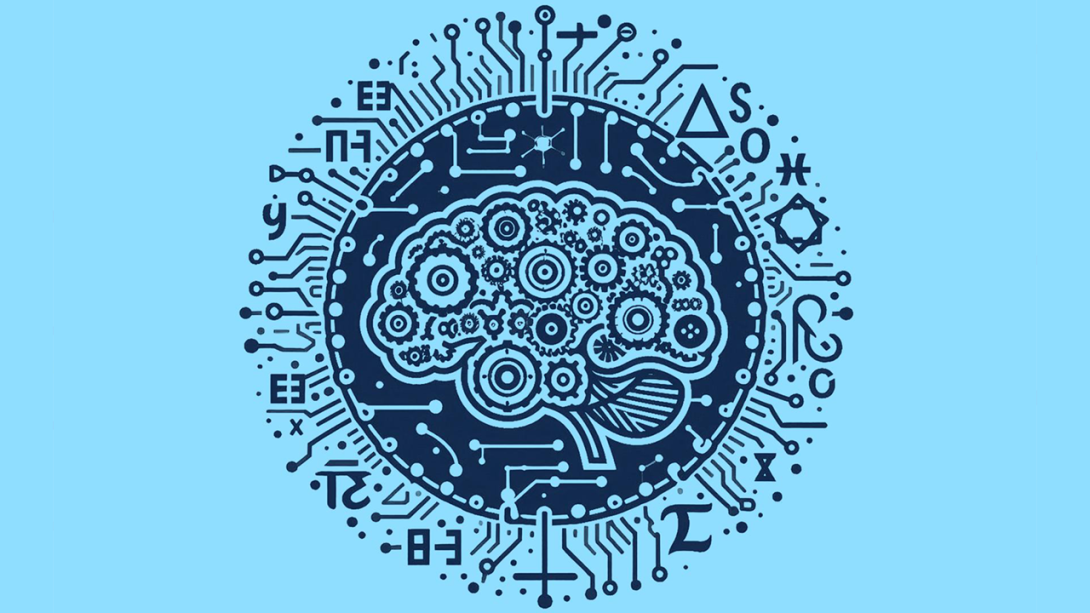
This month, we held a joint workshop with SLMath on AI for Mathematics and Theoretical Computer Science. It was unlike any other Simons Institute...
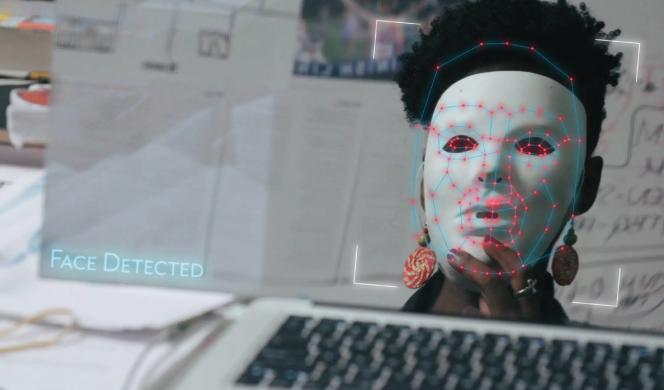
On May 7, the Simons Institute will host a panel discussion on the film Coded Bias, as part of our Theoretically Speaking public lecture series.
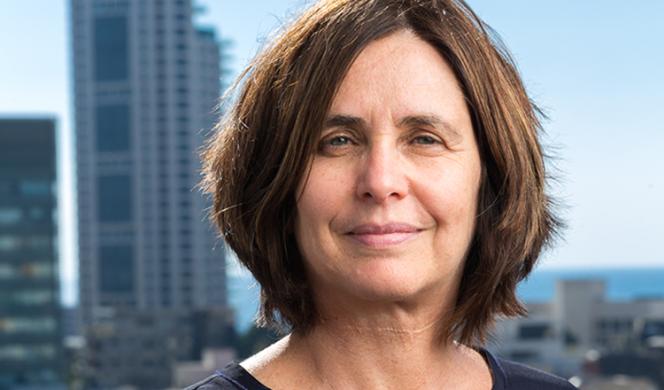
Greetings from Berkeley, where we are preparing to welcome scientific visitors to a Quantum cluster in Calvin Lab this summer. We are excited to be opening our doors for indoor activities after nearly sixteen months.

Greetings from Berkeley. With the rising tide of vaccination in the US and in many places in the world, we look forward to seeing many of you at Calvin Lab in the coming months.
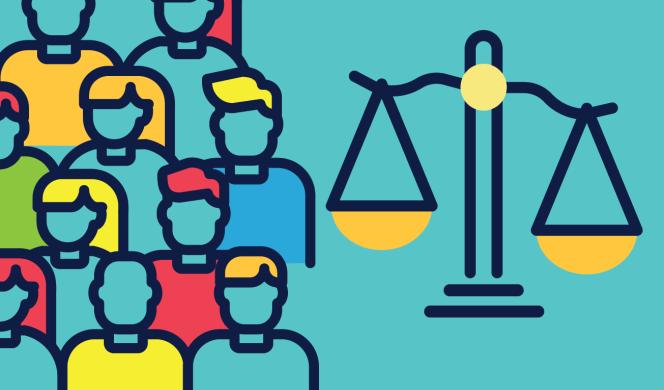
Established in 2020, this interdisciplinary fellowship brings researchers from the humanities, social sciences, law, and related disciplines to the Institute as long-term participants in research programs that address technologies with profound impacts on human society and with implications for ethics, law, and policy.



